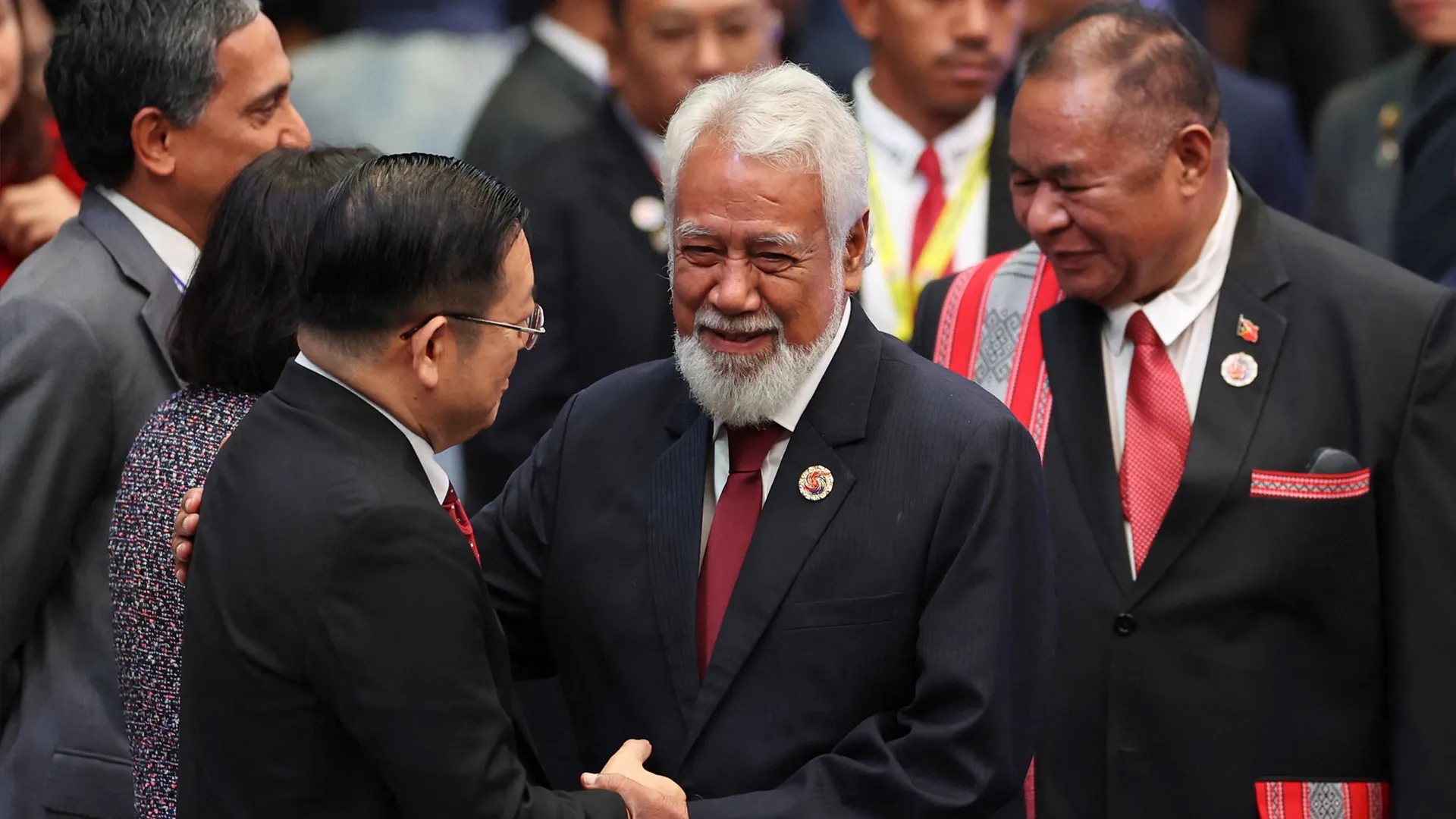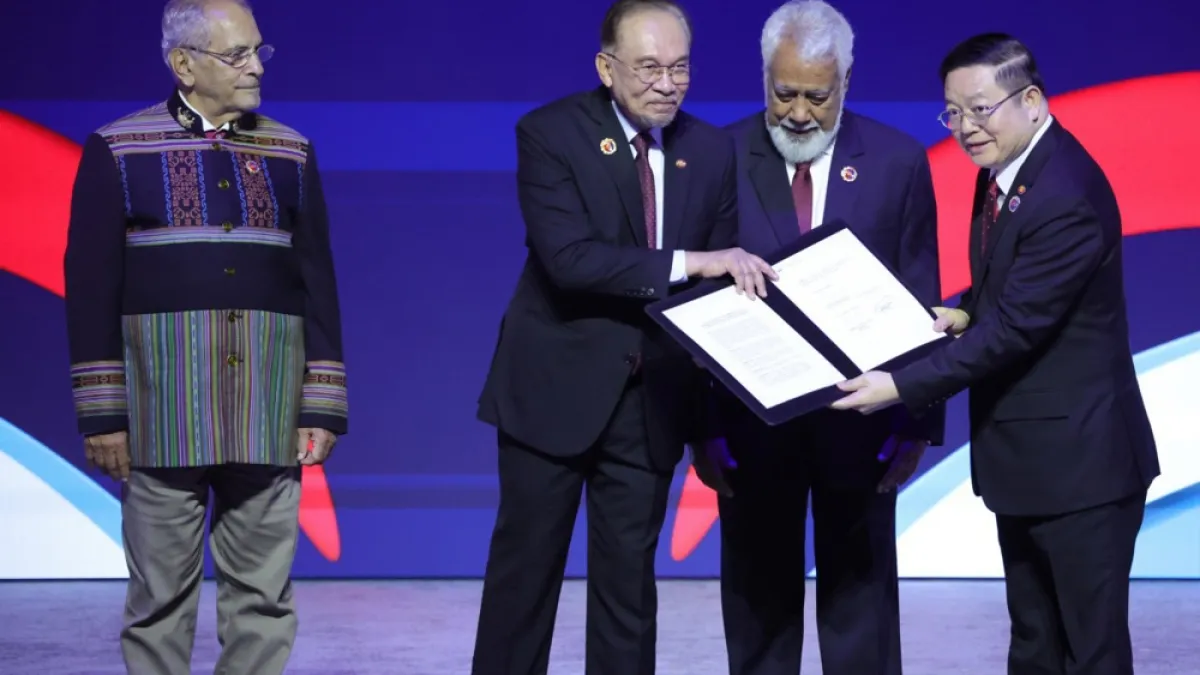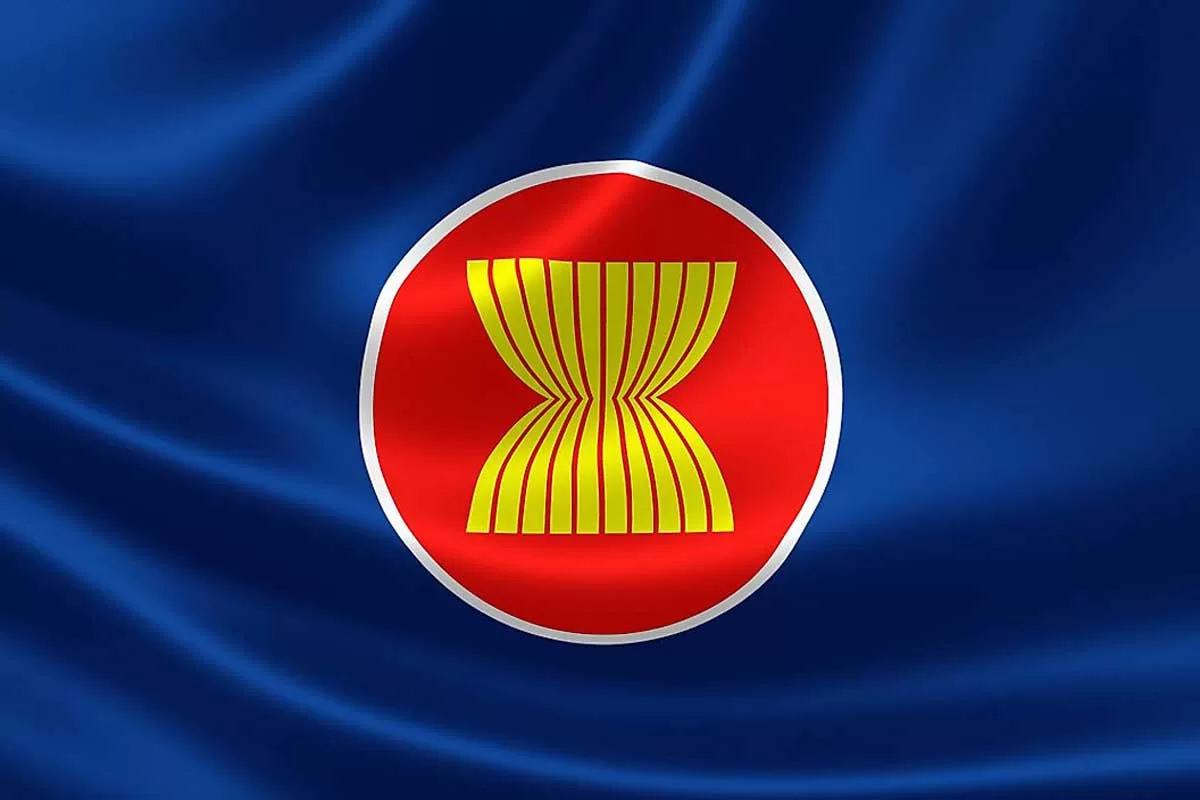ASEAN nations have been closely observing the trajectory of US-China relations and have expressed their apprehensions vis-à-vis the uncertainty arising out of Trump tariffs. Leaders of Singapore and Malaysia have been particularly vocal in expressing their apprehensions.
While speaking at the opening of the 46th ASEAN Summit held at Kuala Lumpur, the Malaysian PM, Anwar Ibrahim, referred to the imposition of tariffs by US President Donald Trump. Said the Malaysian PM:
‘Indeed, a transition in the geopolitical order is underway, and the global trading system is under further strain with the recent imposition of US unilateral tariffs,’
How ASEAN countries have benefited from the China+1 strategy
Here it would be pertinent to point out that ASEAN nations have also benefitted from the China+1 strategy of Western companies. Through this strategy, Western companies have been keen to reduce their dependence upon China and have been shifting to several ASEAN countries. Companies have moved from China not just to Vietnam but to other ASEAN nations like Indonesia and Malaysia as well.
Impact of China-US thaw on ASEAN
While many would have thought that ASEAN countries would heave a sigh of relief after the China-US agreement signed in Geneva, via which the US reduced tariffs against China from 145 percent to 30 percent. There has been a mixed reaction to the same, given the possibility of companies redrawing their China+1 plans.
Malaysia’s interest in BRICS+
Another important impact of Trump’s policies has been ASEAN countries seeking entry into multilateral organizations. Indonesia entered BRICS as a member in January 2025.
Malaysia, which entered BRICS as a partner country in October 2024, has also applied for full membership. Two other ASEAN countries, Vietnam and Thailand, also entered BRICS.
Malaysian Foreign Minister Mohamad Hasan, while commenting on the ASEAN nation’s interest in joining BRICS:
‘Malaysia’s desire to join BRICS represents its effort to uphold policies and identity as an independent and neutral country, striking a balance with great powers and opening up new business and investment opportunities,’
Malaysia shares close economic ties with China as well as the US and the EU. Malaysia’s bilateral trade with China in 2024 exceeded $200 billion ($212.04 billion). The ASEAN nation’s trade with the US was estimated at $80.2 billion in 2024.
The Malaysian PM, Anwar Ibrahim, had earlier proposed an ‘Asian Monetary Fund’ as an alternative to the International Monetary Fund (IMF). In recent years, Malaysia has been pushing for “de-dollarization,” or trade in non-dollar currencies, with several countries.
Anwar Ibrahim’s Russia visit and discussion of BRICS+
Apart from several other bilateral issues, the role of Malaysia in BRICS+ was also discussed during the recent meeting between Malaysian PM Anwar Ibrahim and Russian President Vladimir Putin during the former’s Russia visit. The Malaysian PM thanked Putin for his role in facilitating Malaysia’s entry into BRICS+. The Russian president, on his part, welcomed the entry of Malaysia and other ASEAN nations as partner countries into BRICS+ during Russia’s chairmanship of BRICS+ in 2024.
During the meeting of Australian PM Anthony Albanese and Indonesian President Prabowo Subianto during the former’s Indonesia visit, one of the issues that was discussed was Indonesia’s entry into the Comprehensive and Progressive Agreement for Trans-Pacific Partnership (CPTPP) and OECD. The CPTPP—earlier the Trans-Pacific Partnership (TPP)—was initially conceived by former US President Barack Obama. During US President Donald Trump’s earlier presidency, the US had pulled out of TPP. While the organization did face a setback after the US exit from the CPTPP — members like Japan and Australia, which are wary of China’s growing clout in the Indo-Pacific, have been playing a key role in giving a push to economic linkages. Two other ASEAN countries—Malaysia and Vietnam—are already members of the CPTPP.
The Indonesian president thanked Australia for its support for Indonesian into the CPTPP.
The Australian PM, while commenting on his support for Indonesia’s entry into CPTPP:
‘I assure you, Mr. President, of Australia’s support for your joining the OECD as well as your accession to the CPTPP.’
The Australian PM also reiterated Indonesia’s strategic importance in the context of the Indo-Pacific.
Indonesia’s important role on the global stage
Indonesia has robust ties with both China and the US and seeks to use multilateral platforms for further enhancing its clout, as several middle powers have done in recent years. Indonesia has sought to present itself as an important voice of the Global South and as an important link between the G7 and G20.
ASEAN-China-GCC
On the sidelines of the ASEAN Summit, the first ASEAN-China-GCC Summit was held for the first time. The Malaysian PM dubbed this as extraordinary. Anwar Ibrahim also said:
‘I am confident that ASEAN, the GCC, and China can draw upon our unique attributes and shape a future that is more connected, more resilient, and more prosperous.’
Conclusion
In conclusion, the interest of countries like Malaysia and Indonesia in entering multilateral organizations is driven by the changing geopolitical situation in ASEAN and beyond. These nations need to be deft and nimble and can not afford to have a zero-sum approach towards the same. The recent ASEAN Summit is a strong illustration of how ASEAN member states are seeking to diversify their relationships by seeking entry into important multilateral blocs. Apart from this, one point that is evident from the recent ASEAN summit was that ASEAN as a grouping is also seeking to strengthen ties with groups like the GCC.




